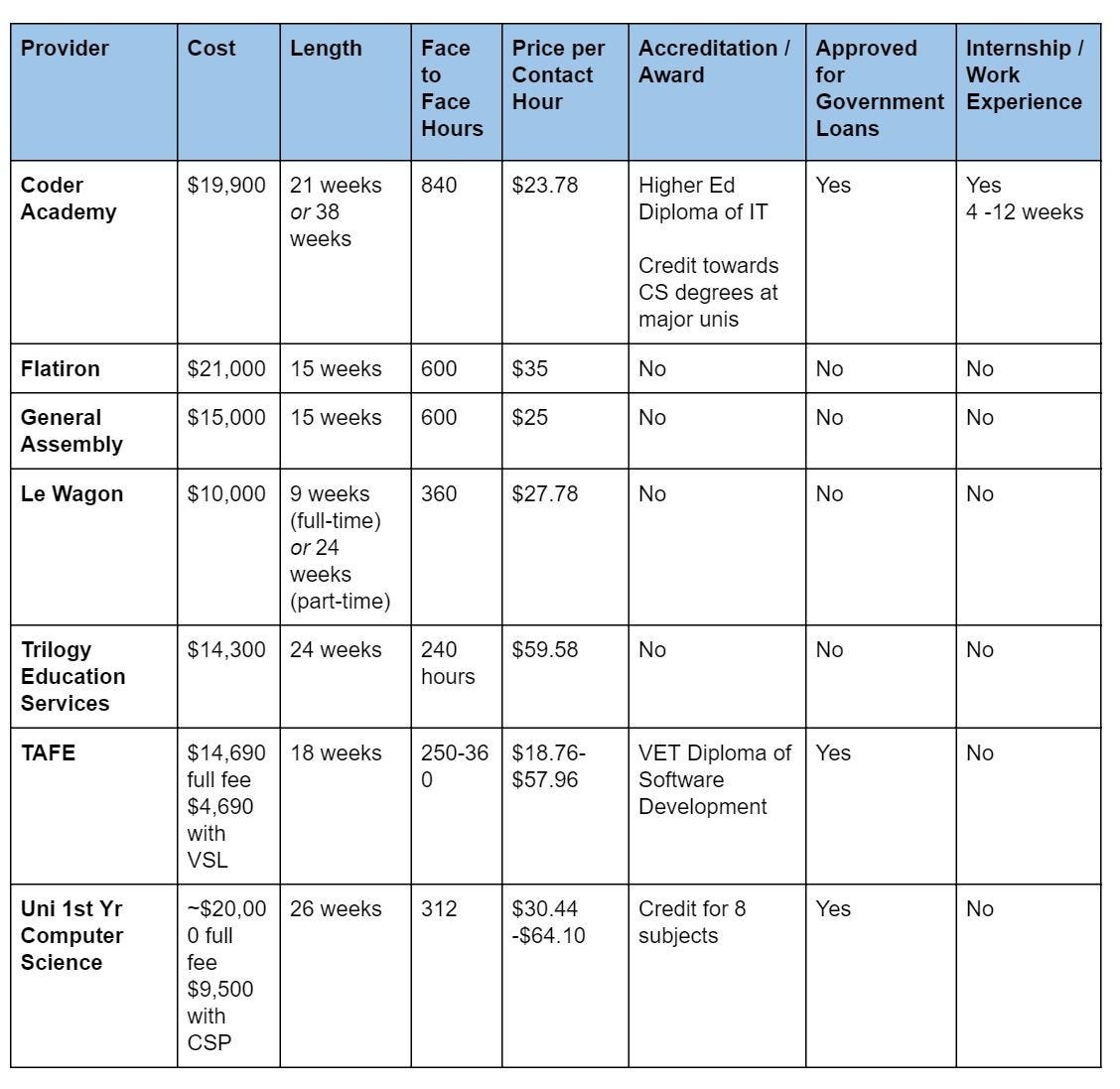
Tim: Cheers! So, I’m sitting here with Kani Munidasa, the co-founder of Code Chrysalis, a Tokyo-based coding boot camp. But you know, Kani tells that story much better than I can, so let us get right to the interview. We talk about how to get a programming job in Tokyo, how to ramp up skills quickly, and why diversity in programming might not mean what you think it does. I would ask you right now, but the question won’t really make a lot of sense until after you sit in on the conversation with me and Kani, and we cover a lot of ground. In fact, after our conversation, there is something I want to ask you and I mean you, personally because it’s something that you might understand better than I do. Code Chrysalis is a coding boot camp where over 12 weeks, students learn of the skills they need to get jobs as programmers in Tokyo and as you will soon see, they are really getting jobs. Today, I’d like you to meet Kani Munidasa, co-founder of Code Chrysalis, a startup that can only exist within a healthy startup ecosystem but also one that any healthy startup ecosystem needs in order to grow. It’s a relatively new and it’s fantastic. When an ecosystem developed, it’s an amazing cross-pollination of innovation and growth that is just awesome to be a part of. When startups can target other startups with their innovative products, where our pool of employees move from startup to startup, taking their ideas and best practices, and work ethic with them. We had a community for sure, but not that ecosystem.Īn ecosystem comes into being when startups start buying from and selling it to each other. There were even VC investments, occasional meet ups, and some mentoring, but we didn’t really have an ecosystem back then. Now, let me explain that because it’s not obvious, especially to younger entrepreneurs who have never had to run a startup the absence of a startup ecosystem.Ī startup ecosystem is not just a group of startups that operate in the same city.

One of the most important developments in Japan over the past 10 years and perhaps, the most important way that things are different for startups today than they were 20 years ago is the existence of a startup ecosystem. I’m Tim Romero and thanks for joining me. Welcome to Disrupting Japan, straight talk from Japan’s most successful entrepreneurs.

Why Japanese enterprises are getting behind boot camps.Why Code Chrysalis turns down 80% of its applicants.Diversity on a programming team does not main what you think it doe.The differences between Japanese and US junior developers.Why Japanese engineers don’t participate in open source projects.Subscribe: Google Podcasts | Stitcher | RSS | More Show Notes Podcast: Play in new window | Download | Embed


 0 kommentar(er)
0 kommentar(er)
